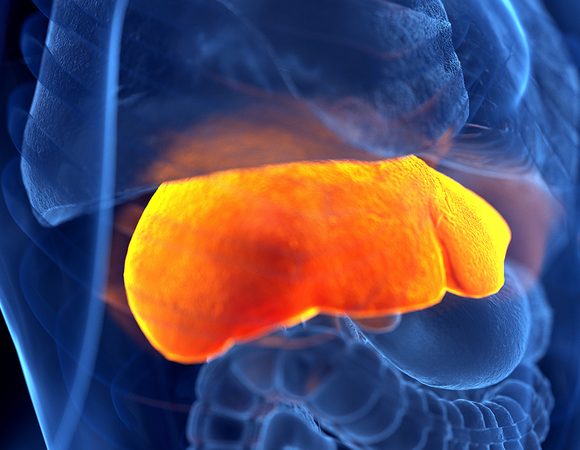UK’s most googled health issue of 2017 revealed

"What is cancer?" is the UK's most googled health question in 2017 (so far), data reveals.
According to experts at Google Trends, other pressing health issues searched for online by British people this year were diabetes, blood pressure and a condition called sepsis.
We've set out to answer some of these questions for you.
What is cancer?
The simplest way to describe it is abnormal cells that are dividing in an uncontrolled way.
These cells can be in any part of the body and can sometimes spread to other organs and tissues, such as the bones, lungs and brain.
Cancer starts when the genetic instructions inside a cell makes it begin to grow and multiply too much. These "bad" instructions might be inherited or occur over a person's lifetime.
Things we come into contact with in our environment may increase our risk of cancer.
Things that make cancer more likely include smoking, being overweight or obese, drinking too much alcohol and eating an unhealthy diet.
Experts estimate more than four in 10 cancer cases could be prevented largely through lifestyle changes.
Visit Cancer Research UK for more information.
What is blood pressure (and what is normal)?
Blood pressure is something that doctors can measure to help them get an idea of how healthy your heart and blood vessels are.
The pressure of blood flowing through your arteries changes as your heart beats which is why your blood pressure will be recorded as two values. Systolic pressure is the higher number and reflects the force in the arteries when your heart is contracting and pumping out blood. Diastolic pressure is the lower number, when your heart is relaxing and refilling with blood ready for the next pump.
A normal blood pressure reading is considered to be between 90/60mmHg and 120/80mmHg.
Readings consistently higher than this are unhealthy.
Having untreated high blood pressure can increase your risk of developing serious health conditions such as heart attacks and stroke.
The only way to know if you have high blood pressure is to get it checked.
If you are diagnosed with high blood pressure your doctor will be able to recommend lifestyle changes and possibly medication to help bring it down and reduce the associated risks.
Visit the British Heart Foundation for more information.
What is diabetes?
Diabetes is a health condition and it means that the amount of sugar in a person's blood is too high.
There are two main types of diabetes – type 1 and type 2.
Type 2 is the most common. It happens when the body doesn't make enough of a hormone called insulin or the insulin it does make doesn't work properly.
Insulin is made by the pancreas and its job is to help us regulate energy. When we eat certain foods (carbohydrates such as potatoes and pasta), our digestive system breaks it down to release sugar into the blood. Insulin allows the sugar to move out of the bloodstream and into cells to be used as energy.
In type 1 diabetes, the body attacks and destroys its own insulin-producing cells, meaning no insulin is produced.
People with type 2 diabetes may be able to control their condition by being careful about what foods they eat and getting plenty of exercise, but they may need to take medication to manage their blood sugar levels.
People with type 1 diabetes will need to take insulin to control their blood sugar.
Visit Diabetes UK for more information
What is sepsis?
Sepsis is also known as blood poisoning and is a potentially life-threatening condition. It can happen quite quickly and occurs when the body reacts strongly to an infection and starts attacking its own organs and tissues.
Spotting the signs and getting treatment early can save lives.
Initially it can feel a bit like having flu, a stomach upset or a chest infection. You may or may not have a fever, so don't ignore symptoms just because your temperature is not that high.
Seek urgent help if there is:
- Slurred speech or confusion
- Extreme shivering or muscle pain
- Passing no urine (in a day)
- Severe breathlessness
- It feels like you are going to die
- Skin mottled or discoloured
In young children, look out for:
- Rapid breathing
- Fits or convulsions
- Mottled skin
- A rash that doesn't fade when you press it
- Feeling abnormally cold to the touch
- Extreme lethargy or difficulty rousing/waking
Think, "Could it be sepsis?" in any child under five who:
- Is not feeding
- Is vomiting repeatedly
- Hasn't had a wee or wet nappy for 12 hours
Visit The UK Sepsis Trust for more information.
[contf] [contfnew] 
BBC
[contfnewc] [contfnewc]
The post UK's most googled health issue of 2017 revealed appeared first on News Wire Now.

















